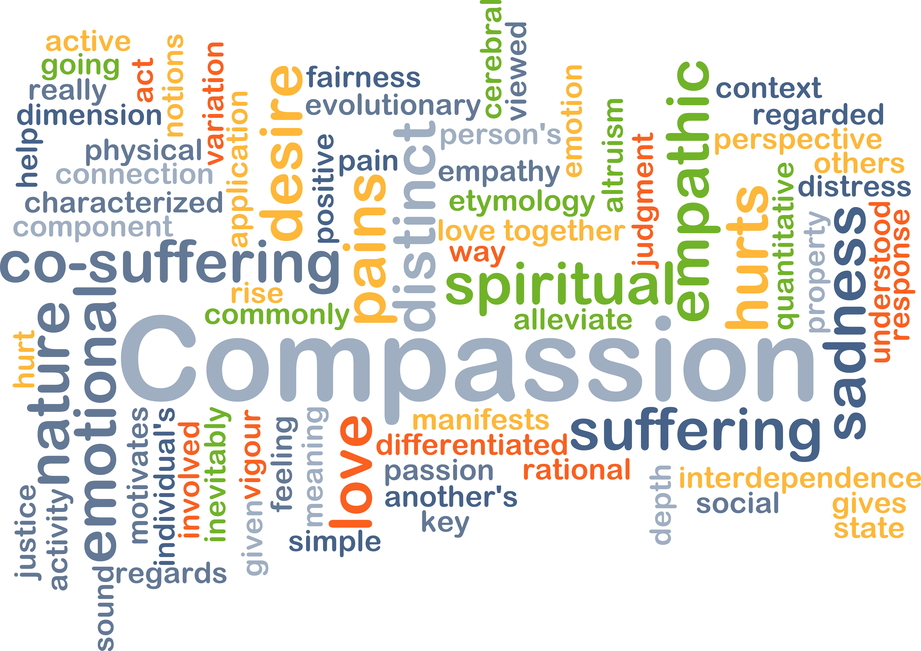It’s been a while since I’ve posted. Instead of writing, I was focused on my family, work and coping with unexpected health issues with a family member, which thankfully have resolved. All is well again.
I get stressed when I don’t write. My typical reaction: irritation and annoyance. But this past month, when my writing took a back burner to the demands of life, instead of irritability and annoyance, I accepted. I accepted the fact that I needed to take care of my loved ones and responsibilities in an all-consuming way. And when everything started to fall back into a routine, instead of writing, I rested and put off writing a little longer. I’ve learned that sometimes you just have to stop, pause the busy pace of life and rest and respond to what’s important and calling your attention. And that’s what I did.
Because of my writing break, when it came to crafting a new post, I was at a loss on what to write. I was looking for topics to inspire me when I came across a research study examining compassion and motherhood. I immediately connected with the theme. Motherhood has many moments of compassion, not only with our children but also with ourselves.
Compassion is different than empathy. Empathy is the ability to understand and feel another person’s feelings. Compassion takes empathy one step further; it is understanding what someone feels and experiences and wanting to alleviate a person’s suffering. Compassionate love goes even deeper; it’s a desire to promote a person’s flourishing, growth, and development.
The research study I found of interest came from the Universtiy of California-Davis. In this study, researchers examined how compassionate love sustains positive parenting and decreases negative parenting. In other words, how does a mother’s compassionate love buffer negative parenting responses when a mom is under stress.
In this study, mothers and children (children in the study were three and a half) were seated together at a table together. The mother-child pair were asked to complete a series of tasks together; working on puzzles and creating origami. Mothers were outfitted with electrodes to monitor physical responses during the experiment. Upon completing the 45-minute task, researchers had mothers complete questionnaires to find out personal levels of compassionate love for their child, humanity, and parenting. Observations of the mother-child dyad, information from physical monitoring and mothers questionnaires were all analyzed.
The findings are not surprising: compassionate love from a mother protected a child from harsh parenting, especially when the tasks in the study were challenging and increased a mother’s stress. The researchers suggest compassionate love may help mothers manage physiological and emotional reactions during challenging parenting moments.
Parenting has many stressful moments, some we can anticipate and others that come out of the blue, turning everything upside down. I’ve had those moments when I did not respond to my children with compassionate love, and it was often the result of demand or stress. Because I was not coping effectively with stress, I decreased my ability to access compassionate love for my child.
After I had read the study, I thought about what gets in the way of expressing compassionate love. Compassion Blockers are emotions or processes that prevent access, use and the demonstration of compassion.
Here is a list of Compassion Blockers:
- Judgement
- Stress
- Fear
- Worry
- Self-absorption
- Anger
- Resentment
- Frustration
- Unmanaged emotional pain
This list is far from complete. There are many personal triggers and stress that block compassionate love to ourselves, our children, spouse/partner, friends, family, and community.
What are your Compassion Blockers?
For the next day, notice if negative emotions and stress impact your ability to express compassionate love to those in your life. Remember, Compassionate love is the ability to feel what someone feels, alleviate any suffering, and the desire to promote a person’s flourishing, growth, and development.
Consider the following to increase your ability to access Compassionate love.
- Awareness
Simply reading this post brings attention to the concept of compassionate love. Pay attention to how compassion is present, or not, in your daily life. - Self-Care
Stress, tension and exhaustion can negatively impact one’s ability to be compassionate. Putting yourself on the priority list to get enough sleep, nourishment, and do activities you enjoy is part of self-care. If you want to read more about how to increase self-care, please go here and here. - Manage Your Stress
It’s almost impossible to take the stress out of daily life. Instead of letting stress take over your well-being, work on ways to your manage stress. Exercise, meditation, journaling, laughing, and spending time with friends are some ways to manage stress. - Imagine You Are The Other Person
Taking a moment to consider another person’s experience and perspective can be powerful. Pause before you react to someone or a situation and ask yourself this: how might I feel if I were on the other end of my behavior? - Behaviors Have Consequences
Every action has a reaction, and every behavior has a consequence. Under stress, it can be tempting to react through negative behaviors, but the result, more tension, and stress. Your personal actions and choices are the greatest teachers to your children. - Let Go of Perfection
Perfection is not attainable; it’s unrealistic as nothing is perfect. Forgive yourself when you make a mistake or have a short-coming. Use errors as an opportunity to learn and make different choices going forward. - Be Compassionate To Yourself
You can not give to others what you are unable to give to yourself. Be mindful of how you speak and treat yourself. The more you cultivate self-compassion, the more compassion you will have to give.
© Copyright Dr. Claire Nicogossian 2015

